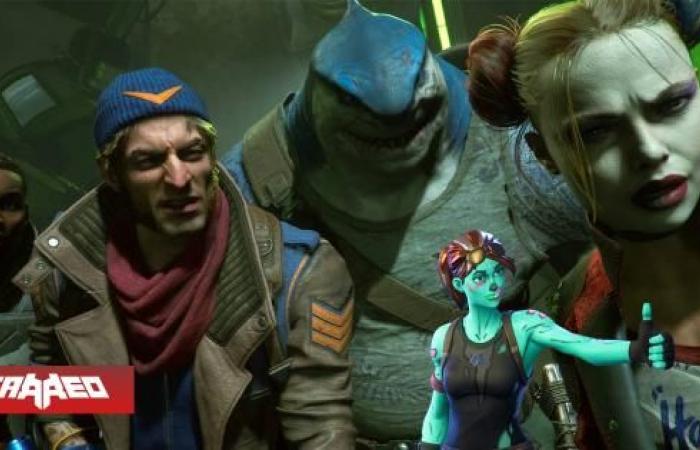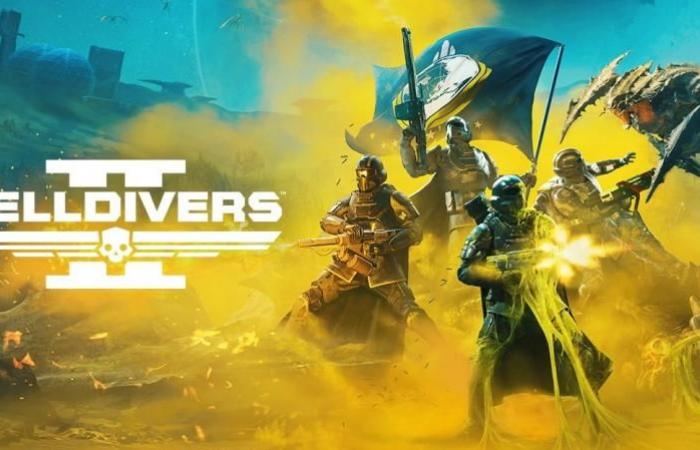During a recent interview, Joe Tung, who was a producer at Bungie and is known for his work on hits like Halo 3 and Destiny, strongly defended the live service model for video games. Tung details why this approach is superior compared to the traditional $60 purchase model, for which single-player games can be purchased.
After leaving Bungie in late 2012, Tung joined Riot Games working on League of Legends, where he gained experience in the world of games-as-a-service, which are mostly free-to-play and without a single-player campaign. In 2020, Tung also left Riot Games to found Theorycraft Games. His new studio is currently developing a MOBA-like battle royale called Survive, which will also be a live-service game. Tung argues that the traditional $60 game approach forces developers to focus on maximizing sales during the first 48 hours after a game’s release.
You can read: Gamers in shock over Donkey Kong Country Returns HD’s $60 price tag: “I’m not buying Nintendo anymore for reasons like this”
During his time at Bungie, Tung was often forced to make decisions that didn’t benefit players. The traditional model imposes a short-term mentality, where features are promised that end up not being implemented in the game. And among other things, that’s why he firmly believes that the games-as-a-service model is significantly better for both developers and players. In the conversation, he highlights that one of the great advantages of that model is being able to make much, much, much better decisions overall going forward. As he says: “One of the great strengths of the games-as-a-service model is that you can be long-term, you can think long-term.”
“In terms of what’s best for the player and how does that overlap with what’s best for the company? “I think it allows you to make much, much better decisions in general,” he says.
Statements that will surely generate a debate, but that according to some examples it could be demonstrated that one model does not necessarily exclude the other. One of them is the shooter Helldivers 2, a title that has managed to delight the community in general, being a game as a service that combines elements of the two models and has achieved notable success.
“Don’t buy if you don’t have money”, the unusual message from a video game to a player who wanted to spend on its microtransactions
Chivalry 2, a massive multiplayer medieval battle game, has grown in popularity since its release a few years ago. Like many current games, this title incorporates microtransactions to obtain additional income. However, what sets this game apart is the developers’ unconventional approach to selling additional content, telling players not to spend money if they are not “in a good financial situation.”
A stance that clearly contrasts with common practices in the industry, where microtransactions are often implemented in ways that encourage excessive spending, especially among young or vulnerable players. Unlike many companies, the developers of this game’s message encourages financial responsibility and puts the well-being of players first, an unusual but refreshing approach in the current landscape.









